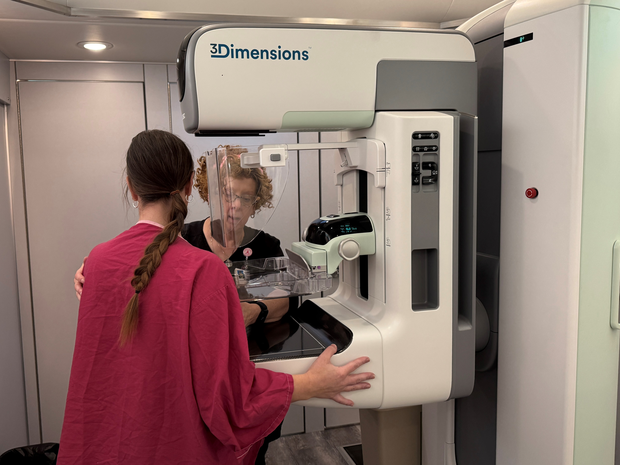
Your Partner in Health
At St. Luke’s, we’re more than health care providers — we’re your neighbors, advocates, and partners in community health. Our connection to the communities we serve in Idaho and Eastern Oregon drives our commitment to earning your trust in everything we do.

Your Partner in Health
At St. Luke’s, we’re more than health care providers — we’re your neighbors, advocates, and partners in community health. Our connection to the communities we serve in Idaho and Eastern Oregon drives our commitment to earning your trust in everything we do.
Care Options
Need care today or just planning ahead? Enter your location to see nearby options.
Not sure where to go?
Explore the different types of care available to find what’s right for you.
On-Demand Virtual Care
Talk to a St. Luke's provider every day from the comfort of your home on your computer or smartphone. Learn more
Virtual Care ServiceAvailable7 a.m. – 10 p.m. today1 person in virtual waiting room
Urgent Care
Urgent care centers provide walk-in treatment for non-life-threatening illnesses and injuries that require prompt attention.
to see Urgent Care locations near youEmergency Care
24/7For life-threatening conditions, call 911 or go directly to the nearest Emergency Department.
to see Emergency Care locations near youIn-Person Care
In-person visits ensure thorough assessments and direct interaction with your health care provider. Schedule an appointment with one of our primary care providers for illness or injuries.
Not sure where to go?
Explore the different types of care available to find what’s right for you.
Find What You Need
Use these tools to take your next step with St. Luke's.

I am...
Tell us who you are to display relevant links.
What's New at St. Luke's

Breast Care New mobile breast health clinic comes to Magic Valley
St. Luke's new mobile breast health clinic brings care directly to rural communities.
News & Announcements St. Luke’s, McCall Memorial Hospital District celebrate new ambulance shelter and on-call living quarters
The newly constructed facility features a bay to house the Air St. Luke’s medical transport ambulance, along with on-call living quarters that include two bedrooms, a kitchen and a living room.
News & Announcements Six St. Luke’s facilities earn trauma redesignation in 2025; Meridian advances to Level III
Every second counts in an emergency and trauma centers play a critical role in saving lives.

You deserve providers who take time to listen, show up with empathy, and stay by your side when things get hard. That’s the kind of care we believe in.

It Starts With You
At St. Luke’s, everything starts with you. Your health, your story, and your goals guide how we care. As Idaho’s only not-for-profit health system, we’re committed to building real relationships, supporting healthier lives, and showing up for the people who count on us.

Caring for Your Family
From your baby’s grand entrance to high school milestones and beyond, St. Luke’s Children’s is here for every stage of growing up. Our team cares for kids and teens with exceptional pediatric expertise, compassion, and services built specifically for young people and their families. As the only dedicated children’s hospital in the region, we make advanced inpatient and outpatient pediatric care easier to access, offering you connection to specialists who understand the unique needs of growing bodies and minds.
Our Community

COMMUNITY EVENTS Join the St. Luke's Community
Discover engaging community events hosted by our health network, designed to foster wellness and connection. From health fairs and educational seminars to fitness classes and support groups, there's something for everyone to participate in and thrive.

VOLUNTEER OR DONATE Ways to Give
We're dedicated to making a difference. Whether lending a hand at events, providing comfort to patients, or assisting with administrative tasks, your generosity contributes to creating a supportive and compassionate environment within St. Luke's.




